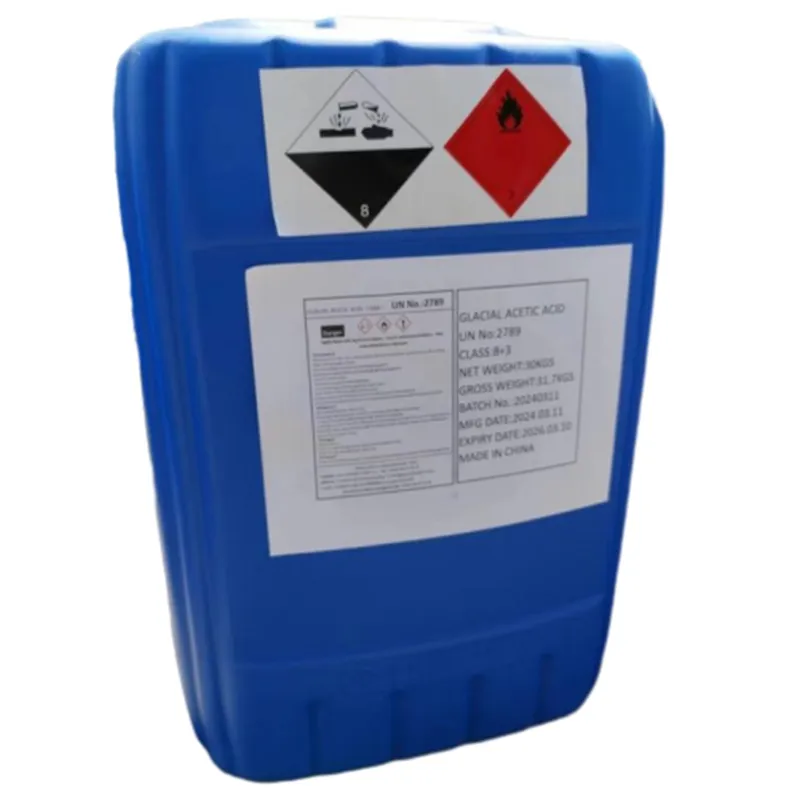
food additive 471
Food additives play a significant role in the food industry, enhancing flavor, ensuring safety, and extending the shelf life of products. One particular additive that has garnered attention is food additive 471, also known as mono- and diglycerides of fatty acids. This additive is commonly used as an emulsifier in various food products.
Emulsifiers are substances that help blend ingredients that typically do not mix well, such as oil and water. Mono- and diglycerides are derived from glycerol and fatty acids, and they perform by stabilizing these mixtures, thereby improving the texture and consistency of food items. Food additive 471 is widely found in processed foods like margarine, baked goods, ice cream, and salad dressings. Its ability to enhance the mouthfeel and promote uniform distribution of ingredients makes it a popular choice among food manufacturers.
One of the primary benefits of food additive 471 is its contribution to the consistency of food products
. For instance, in baked goods, it helps retain moisture, leading to a fresher product with a longer shelf life. In ice creams, it creates a smooth texture by preventing the formation of large ice crystals. This characteristic not only improves the sensory experience for consumers but also reduces waste by extending the freshness of products.food additive 471

However, the use of food additive 471 is not without concerns. Some consumers are wary of artificial additives and their potential health effects. While mono- and diglycerides are generally recognized as safe (GRAS) by regulatory bodies like the FDA, some individuals prefer to avoid synthetic additives in their diets. This has led to a growing trend towards natural and organic alternatives, prompting manufacturers to explore other emulsification options derived from plant sources.
In conclusion, food additive 471 plays a crucial role in the food industry by enhancing the stability and texture of various products. While it contributes to improved food quality and shelf life, consumer awareness and preference for natural ingredients are reshaping the landscape of food additives. As the industry evolves, manufacturers must balance the functionality of additives like 471 with the increasing demand for transparency and clean label products.
-
Understanding Synthetic Rubber OptionsNewsApr.27,2025
-
Trichloroisocyanuric Acid: Essential for Clean and Safe WaterNewsApr.27,2025
-
Sodium Dichloroisocyanurate: Key to Safe Water TreatmentNewsApr.27,2025
-
Sodium Acid Pyrophosphate: Essential in Modern Food ProcessingNewsApr.27,2025
-
Essential Water Treatment ChemicalsNewsApr.27,2025
-
Denatured Alcohol and Its Industrial UsesNewsApr.27,2025
-
The Versatile Uses of Sodium BicarbonateNewsApr.24,2025
Hebei Tenger Chemical Technology Co., Ltd. focuses on the chemical industry and is committed to the export service of chemical raw materials.
-

view more DiethanolisopropanolamineIn the ever-growing field of chemical solutions, diethanolisopropanolamine (DEIPA) stands out as a versatile and important compound. Due to its unique chemical structure and properties, DEIPA is of interest to various industries including construction, personal care, and agriculture. -

view more TriisopropanolamineTriisopropanolamine (TIPA) alkanol amine substance, is a kind of alcohol amine compound with amino and alcohol hydroxyl, and because of its molecules contains both amino and hydroxyl. -

view more Tetramethyl Thiuram DisulfideTetramethyl thiuram disulfide, also known as TMTD, is a white to light-yellow powder with a distinct sulfur-like odor. It is soluble in organic solvents such as benzene, acetone, and ethyl acetate, making it highly versatile for use in different formulations. TMTD is known for its excellent vulcanization acceleration properties, which makes it a key ingredient in the production of rubber products. Additionally, it acts as an effective fungicide and bactericide, making it valuable in agricultural applications. Its high purity and stability ensure consistent performance, making it a preferred choice for manufacturers across various industries.











